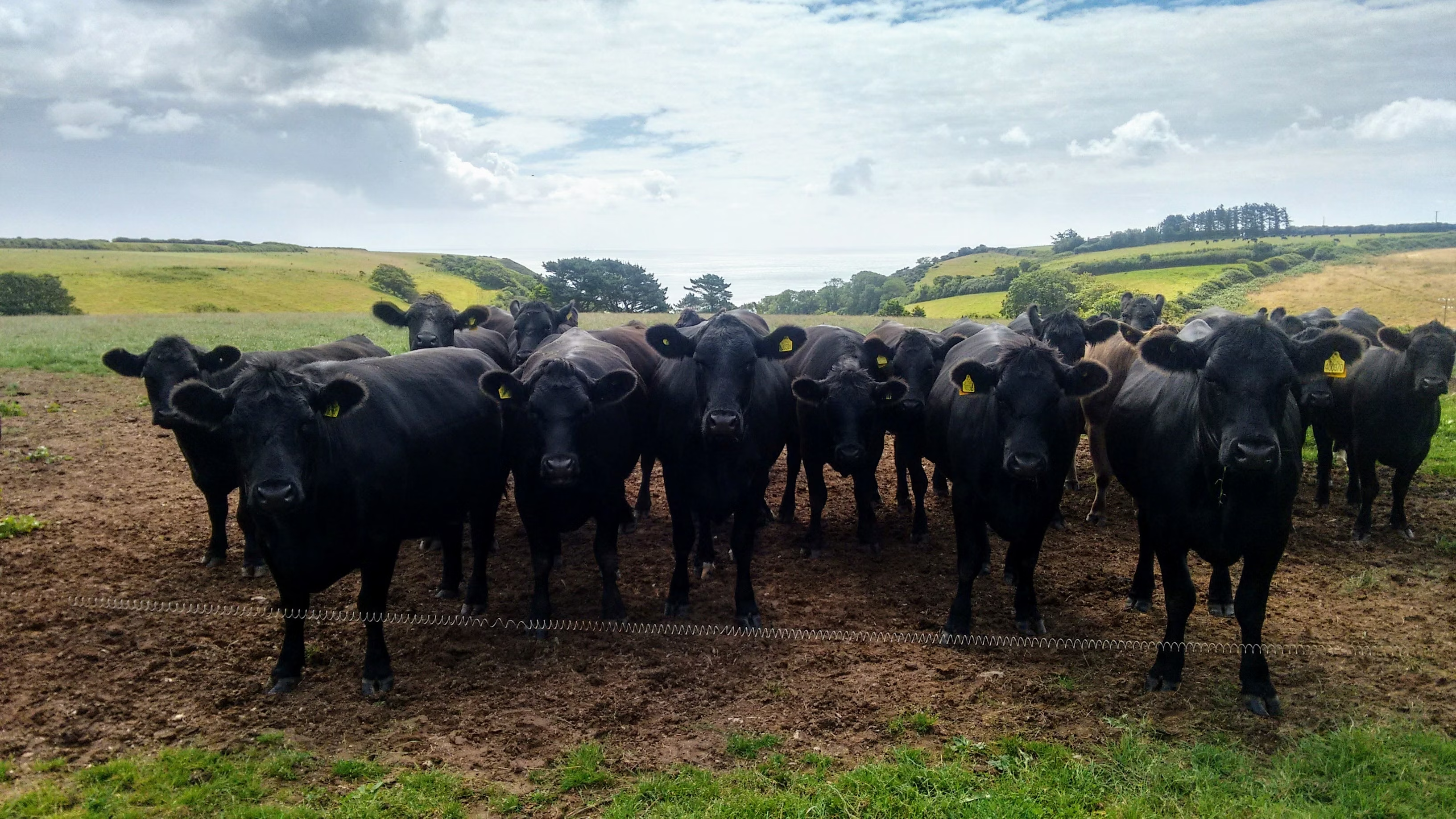
Methane emissions have become a focal point of the climate debate, triggering absurd agricultural regulations negatively affecting farming communities worldwide. Targets for abuse are ruminant animals, including cattle and sheep, that produce methane (CH4) through enteric fermentation – a natural digestive process that converts grass into protein-rich meat and milk for human consumption.
Even farmers from my family in India are possible targets of anti-methane assaults on agriculture that have been made in the Netherlands, Canada, New Zealand, the U.K. and many other countries.
Efforts to reduce emissions include forcing farmers to give up acreage and to pay high climate taxes. Dairy farmers are being required to feed cows a supplement known by the trade name Bovaer, which inhibits the production of methane.
Some major supermarkets in the U.K. – like Tesco, Morrisons and Aldi – already have sourced milk from medicated cows. Although a small portion of consumers boycotted this milk, most had little choice but to buy it.
Is such regulation of agricultural methane emissions justified? Not according to an updated paper titled “Methane and Climate” by two physicists, Drs. William Happer and W. A. van Wijngaarden of Princeton University and Toronto’s York University, respectively.
First published in 2020 by the CO2 Coalition, Fairfax, Virginia, the updated paper meticulously dismantles the prevailing narrative that methane emissions from agriculture are a threat to the planet. By carefully analyzing the physical properties of methane and its interactions with Earth’s atmosphere, the authors demonstrate that the warming potential of methane is negligible.
The Science Behind Methane’s Limited Impact
At the heart of the two professors’ analysis is comparison of the radiative forcings of methane and carbon dioxide. Radiative forcing is the difference in the net upward thermal radiation from the Earth to space through a transparent atmosphere and the lesser radiation through an otherwise identical atmosphere with greenhouse gases. In other words, it is used to understand how greenhouse gas in the atmosphere blocks some of the thermal radiation from escaping Earth into outer space.
Using radiative transfer calculations, the authors examine methane’s contribution to the greenhouse effect. They find that one additional atmospheric methane molecule causes about 30 times more warming than one additional CO2 molecule.
This is because the greenhouse warming of relatively abundant CO2 is much more heavily “saturated” than that of methane. At higher concentrations, identical molecules get in each other’s way and don’t warm as efficiently as for lower concentrations. Nonetheless, atmospheric methane concentrations are increasing about 300 times slower than CO2 concentrations, so the annual warming from methane is about 1/10 that of CO2.
Methane is fairly common as the primary molecule making up natural gas and as a byproduct of various natural processes, including the decaying of organic material in swamps and forests. However, its relative presence in the atmosphere is small and its warming potential is ultimately inconsequential.
This stands in stark contrast to the apocalyptic warnings issued by some politicians and media outlets. Far from being a “super pollutant,” as it is often described, methane emerges from this analysis as a minor player in the climate system.
A Call for Rational Policy
What, then, is the path forward? Policymakers should align their decisions with the best available science. The findings make it clear that the climate models often used to justify methane regulations exaggerate its impact.
By ignoring the nuanced interplay between methane, water vapor, and other atmospheric components, climate models create a distorted picture of climate change that fuels unnecessary panic and ill-advised policies.
Farmers are not the villains of the climate story; they are essential stewards of the land who provide food for billions. Punitive measures that undermine their livelihoods are not only unjust but also dangerously counterproductive.
For farmers around the world and for billions who consume their products, this study offers a glimmer of hope amidst the irrational, even immoral, war on methane. It is time to reject the scapegoating of agriculture and to embrace sensible policies that recognize the indispensable role of farmers in feeding the planet. The public should demand more rigor, more honesty, and more humility in those undertaking the complex science of climate change. It is time to dispense with top-down regulations from political bodies like the United Nations that advance agendas through scaremongering rather than rigorous scientific methods.
This commentary was originally published at American Thinker on February 3, 2024.
Featured image by Daniel hulme on Unsplash



Pingback: Energy & Environmental Review: February 17, 2025 - Master Resource
Pingback: AWED MEDIA BALANCED NEWS: We cover COVID to Climate, as well as Energy to Elections. - Dr. Rich Swier